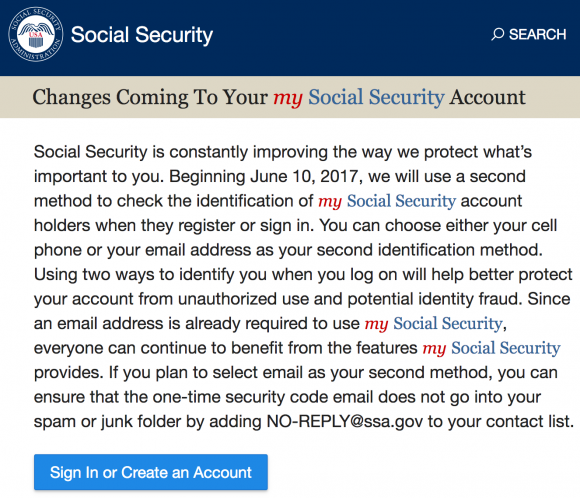Hijacking online accounts through voicemail
Credit to Author: Alex Drozhzhin| Date: Fri, 17 Aug 2018 15:50:43 +0000
When it comes to online accounts, voicemail is a major security hole. Here’s why.
Read moreCredit to Author: Alex Drozhzhin| Date: Fri, 17 Aug 2018 15:50:43 +0000
When it comes to online accounts, voicemail is a major security hole. Here’s why.
Read moreCredit to Author: Alex Perekalin| Date: Tue, 22 May 2018 09:31:32 +0000
Here’s how scammers try to phish for verification codes — and what may happen if you send them one.
Read moreCredit to Author: Malwarebytes Labs| Date: Mon, 14 May 2018 17:18:24 +0000
 | |
| A roundup of security news from May 7 – May 13, including a new zero-day for Internet Explorer, a Netflix phishing scam, a worm found in Facebook’s Messenger, and more. Categories: Tags: 7zipfacebookfake android avHTTPSjavascript excelJS excelkuik adwaremicrosoftmicrosoft excelnetflix phishnigerian scamshopper stop tech scamsignaltech support scamtwo-factor authenticationvulnerability |
The post A week in security (May 7 – May 13) appeared first on Malwarebytes Labs.
Read moreCredit to Author: Jeffrey Esposito| Date: Fri, 26 Jan 2018 12:26:37 +0000
In this week’s edition of Kaspersky Lab’s podcast, Jeff and Dave discuss a vulnerability in Sonic the Hedgehog, a woman who has a habit of sneaking onto flights and more.
Read moreCredit to Author: Jovi Umawing| Date: Fri, 19 Jan 2018 16:00:00 +0000
 | |
| It’s no surprise that our resolutions are usually about health, finances, relationships, and self-improvement. As all of us live digital lives, too, why not think up cybersecurity New Year’s resolution that concern our online health and safety? Categories: Tags: cybercybersecuritycybersecurity resolutionsHTTPSnew year’s resolutiontwo-factor authentication |
The post Cybersecurity New Year’s resolutions, you say? Why not. appeared first on Malwarebytes Labs.
Read moreCredit to Author: Alex Perekalin| Date: Fri, 19 May 2017 13:00:54 +0000
How messages with confirmation codes from banks are intercepted and what can you do to protect yourself.
Read more
Credit to Author: BrianKrebs| Date: Thu, 18 May 2017 20:23:13 +0000
Identity thieves who specialize in tax refund fraud had big help this past tax year from Equifax, one of the nation’s largest consumer data brokers and credit bureaus. The trouble stems from TALX, an Equifax subsidiary that provides online payroll, HR and tax services. Equifax says crooks were able to reset the 4-digit PIN given to customer employees as a password and then steal W-2 tax data after successfully answering personal questions about those employees. In a boilerplate text sent to several affected customers, Equifax said the unauthorized access to customers’ employee tax records happened between April 17, 2016 and March 29, 2017. Beyond that, the extent of the fraud perpetrated with the help of hacked TALX accounts is unclear, and Equifax refused requests to say how many consumers or payroll service customers may have been impacted by the authentication weaknesses.
Read more
Credit to Author: BrianKrebs| Date: Wed, 10 May 2017 13:01:13 +0000
The U.S. Social Security Administration will soon require Americans to use stronger authentication when accessing their accounts at ssa.gov. As part of the change, SSA will require all users to enter a username and password in addition to a one-time security code sent their email or phone. In this post, we’ll parse this a bit more and look at some additional security options for SSA users.
Read more